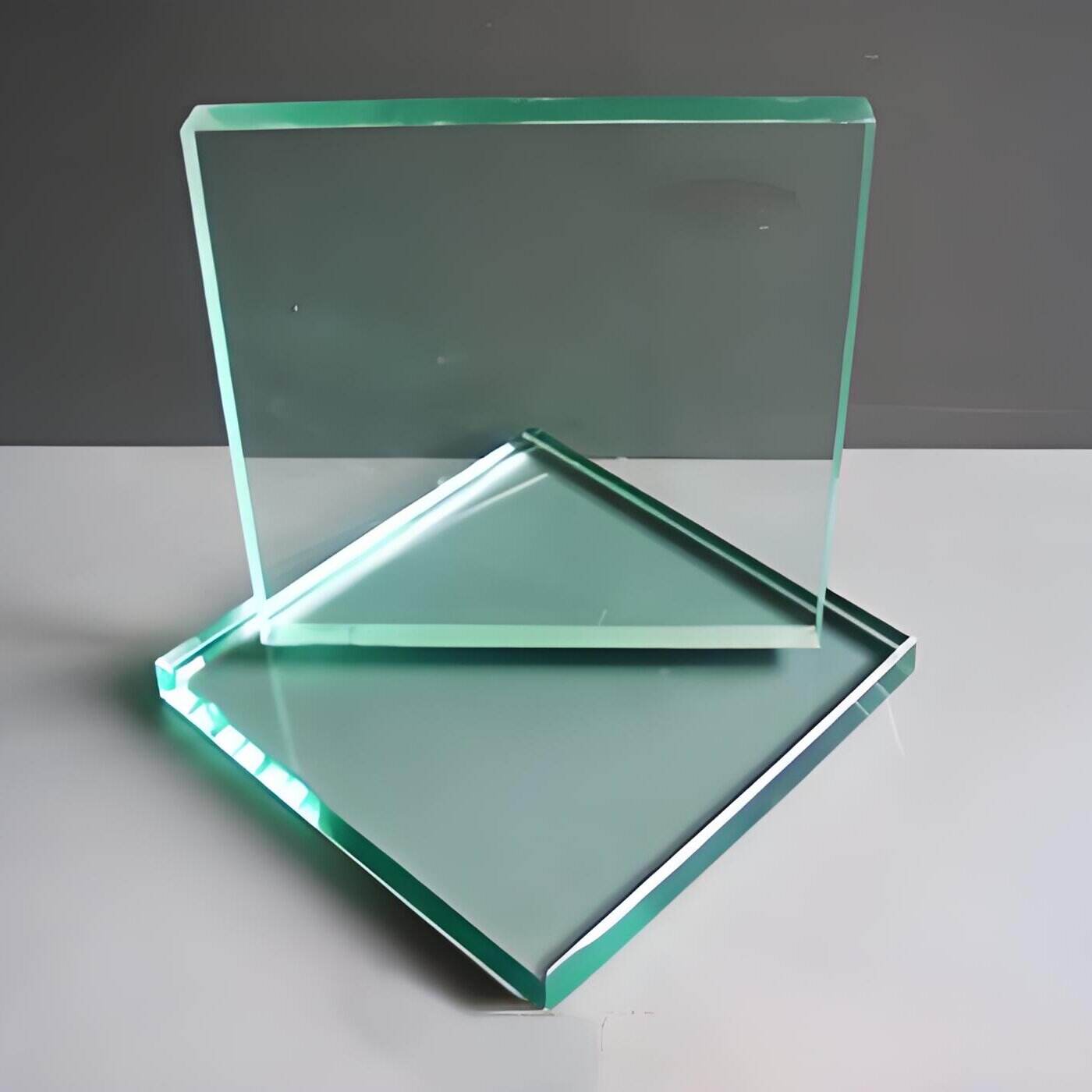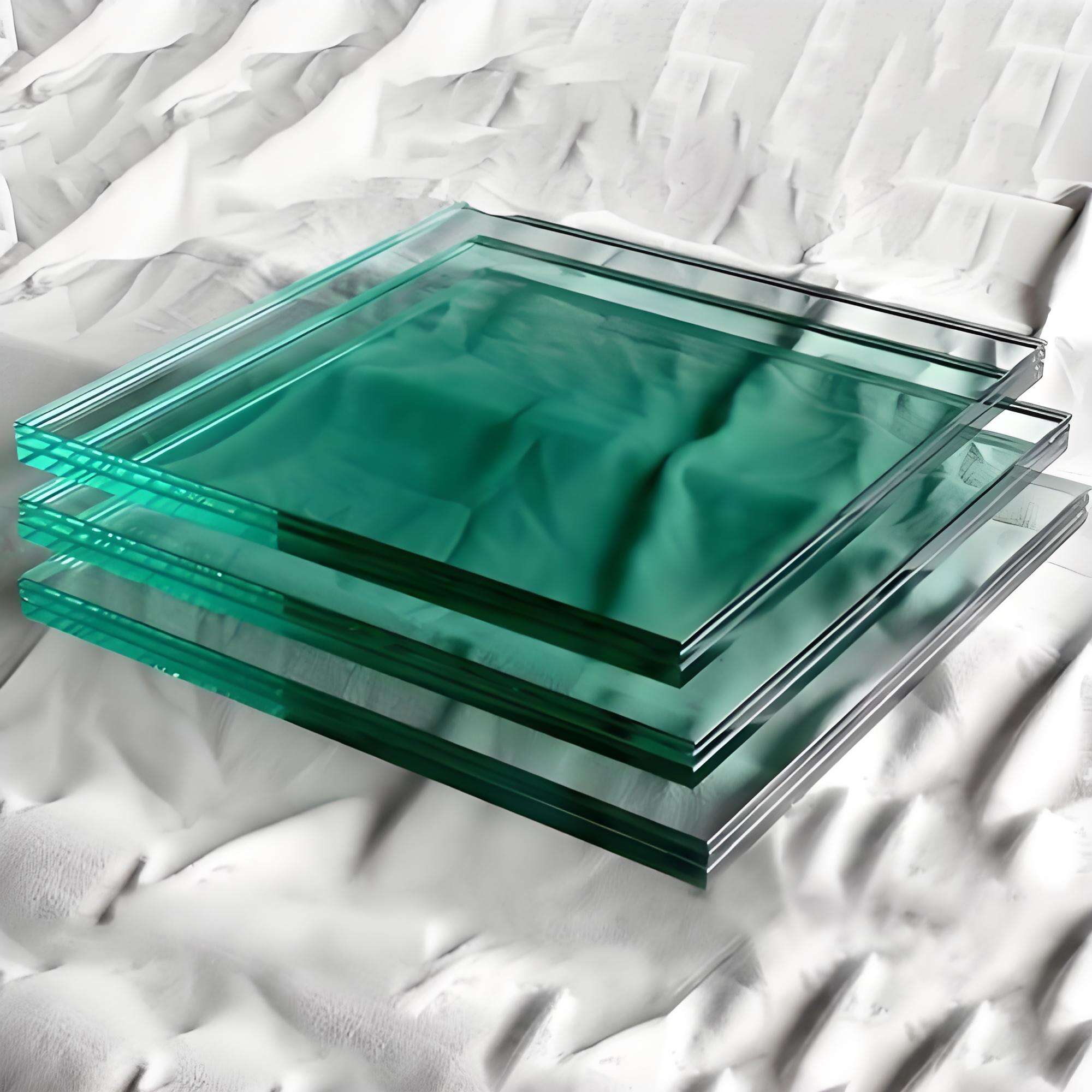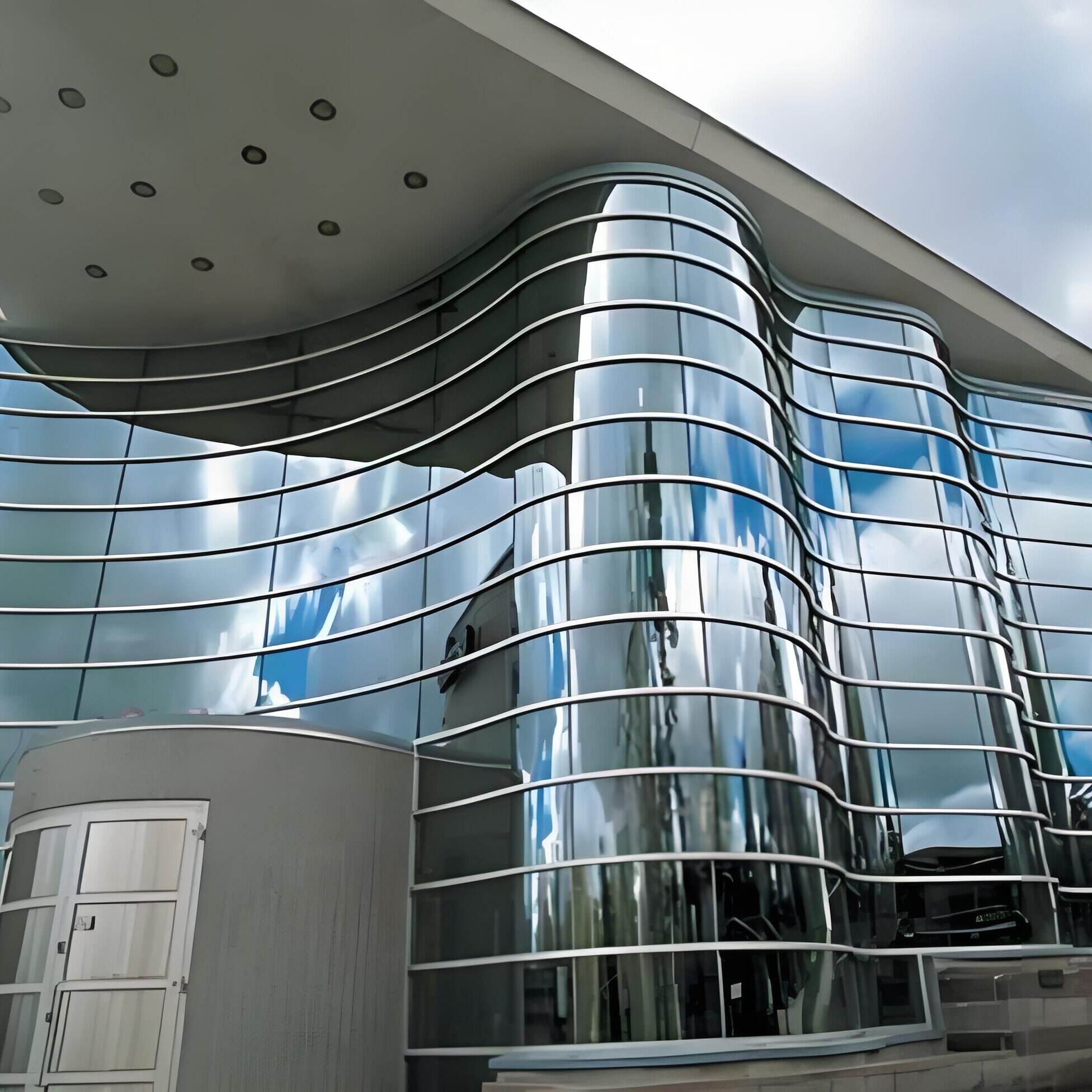glass panel price
Glass panel prices represent a critical consideration in modern construction and interior design, encompassing various factors that influence their final cost. These transparent architectural elements combine aesthetic appeal with functional performance, featuring advanced technological specifications such as thermal insulation, UV protection, and sound dampening capabilities. The price structure typically varies based on several key factors, including panel dimensions, thickness, type of glass used (tempered, laminated, or insulated), and specific performance requirements. Modern glass panels often incorporate smart features like self-cleaning coatings, electrochromic properties for automatic tinting, and enhanced security features, all of which affect the final pricing. The market offers options ranging from basic float glass panels to high-performance architectural glass solutions, with prices reflecting the sophistication of the technology employed. Manufacturing processes, including tempering, lamination, and coating applications, contribute significantly to the overall cost structure. Additionally, specialized treatments such as low-E coatings for energy efficiency and decorative elements like frosting or digital printing can further influence the price point. Understanding these various components helps buyers make informed decisions based on their specific requirements and budget constraints.


